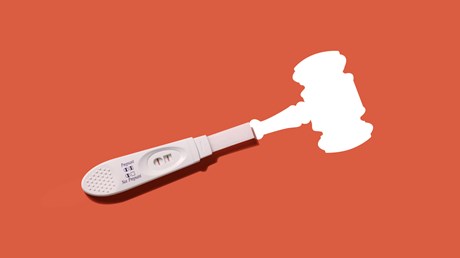Miscarriage and ectopic pregnancies are not abortion. Pro-life Christians urge clear distinctions in state laws.

In the recent breathtaking development from the US Supreme Court, a leaked draft opinion for the Dobbs v. Jackson Women’s Health Organization case indicated that abortion rights would be reversed.
In the fallout, headlines appeared warning women that if the rulings Roe v. Wade and Planned Parenthood v. Casey are overturned, their access to healthcare would be compromised—not just for abortion, but also their treatments for ectopic pregnancies and miscarriages.
While news reports declare “Overturning Roe v. Wade Will Make It Harder to Treat Miscarriage” and “Overturning Roe Could Make Ectopic Pregnancies Extremely Dangerous,” some pro-life advocates are saying there should be no cause for concern—and that to say otherwise is to play into the agenda of abortion advocates.
As a Christian woman who’s been involved in the pro-life movement for well over a decade, both professionally and personally, it deeply matters to me that the pro-life movement always provides the utmost care and concern for both a woman and her preborn child.
I worked on Capitol Hill for the sponsor of much of the pro-life legislation, like the “Pain-Capable Unborn Child Protection Act” and the “Born-Alive Abortion Survivors Protection Act,” and I’ve volunteered with local pregnancy centers, advocated for children in foster care, and now my husband and I are in the middle of an adoption.
Statistics show that approximately 10–20 percent of pregnancies end in miscarriage, which is when the embryo or fetus does not survive by 20 weeks gestation. In an ectopic pregnancy—just 1–2 percent of the time—the embryo improperly implants outside ...
from Christianity Today Magazine
Umn ministry


.gif)

.gif)
.gif)
